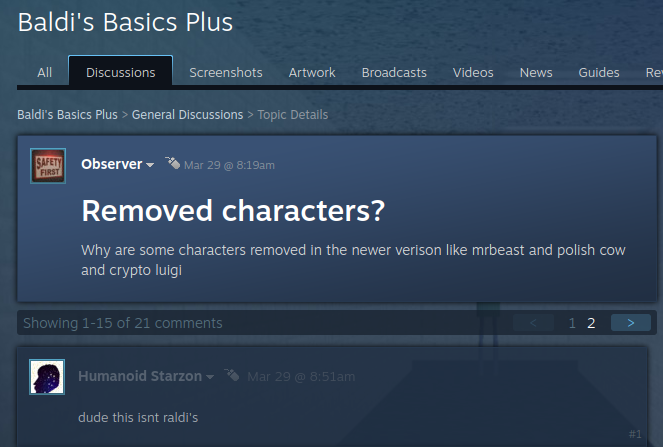I know of the falcon guide, and have read numerous other threads etc. but none seem to answer the question of how long the PC will last. In about 6-10 months time I will be looking to build a high-spec gaming PC that will last a long time (even if I have to upgrade parts from time to time). So the question I'm asking is:
How much will it cost to buy a gaming pc (that will run max graphics on new games) that will last me a long time, and how long is this time? Also, how often will I have to upgrade the PC and how much will this cost?
Thanks,
Wizzerzak.
How much will it cost to buy a gaming pc (that will run max graphics on new games) that will last me a long time, and how long is this time? Also, how often will I have to upgrade the PC and how much will this cost?
Thanks,
Wizzerzak.






